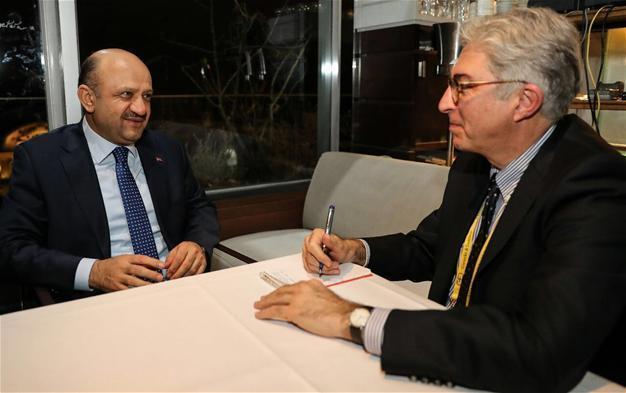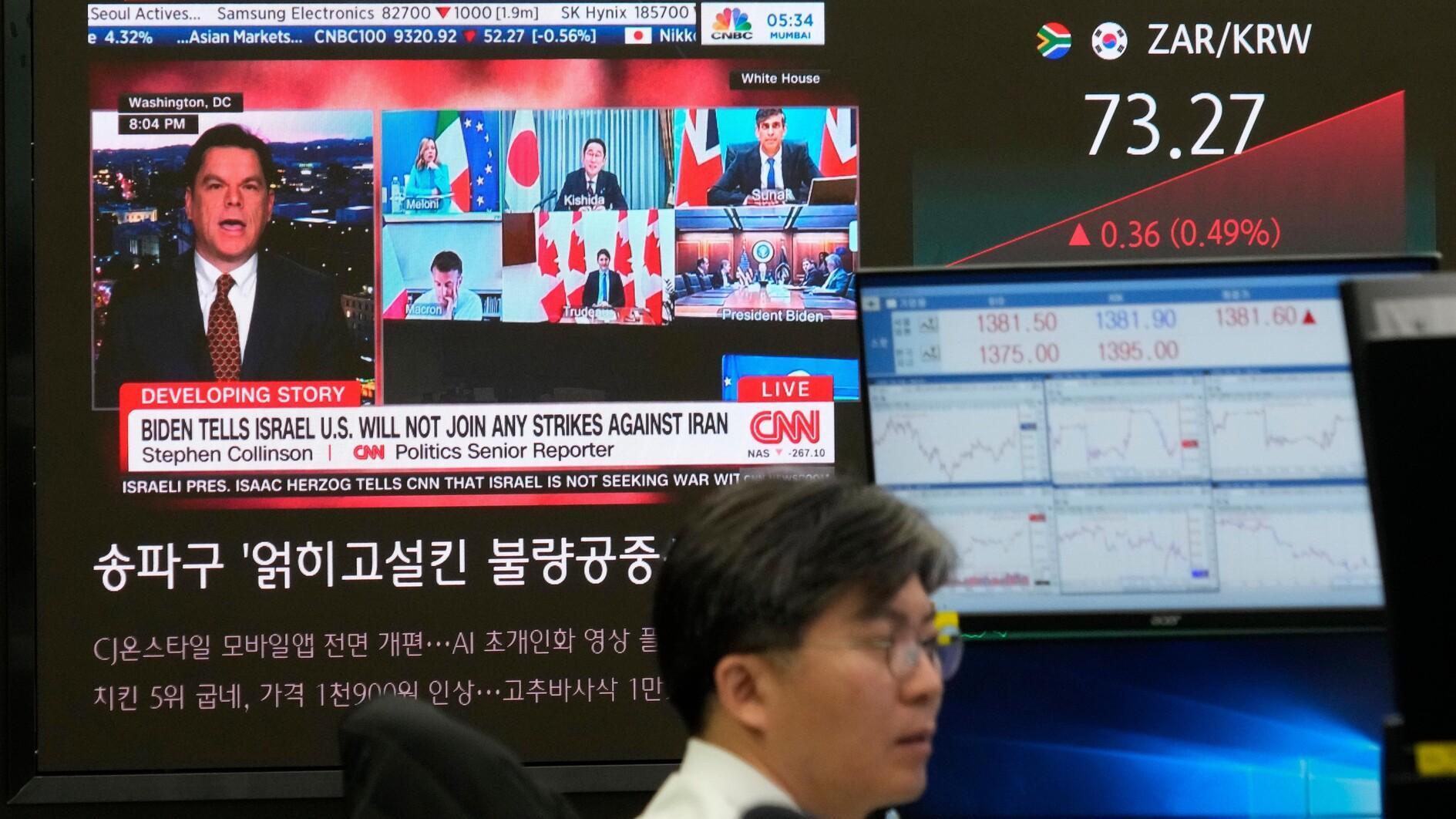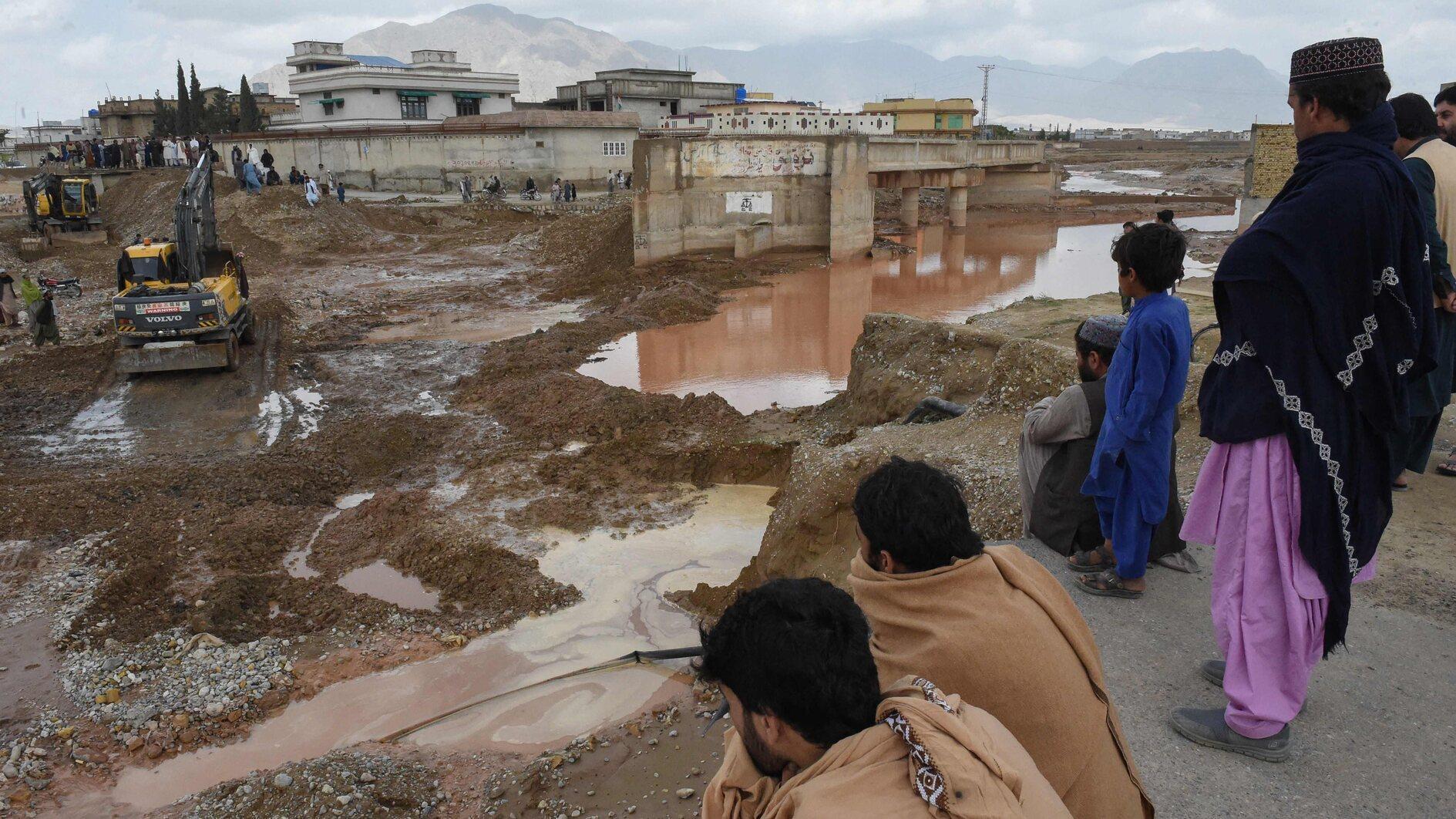Turkey made its views heard with Euphrates Shield op: Defense minister
Murat Yetkin - MUNICH

Turkish Defense Minister Fikri Işık (L) speaks to Hürriyet Daily News Editor-in-Chief Murat Yetkin in Munich. / Hürriyet Photo: Özgür Yurdakadim
Turkey’s views on Syria are being listened to thanks to the ongoing Euphrates Shield Operation, Turkish Defense Minister Fikri Işık has said, adding that the Syrian Kurdish Democratic Union Party’s (PYD) plan to unite its cantons have been prevented.Speaking to the Hürriyet Daily News in Munich where he came to attend the Munich Security Conference, Işık also gave insights into his meeting with U.S. Secretary of Defense James Mattis on the sidelines of the NATO Defense Ministers meeting on Feb. 15-16.
“We have for a long time been telling the U.S. that cooperating with the PYD against Deash, working with a terrorist against another [terrorist], was wrong. We have been telling them that the problems this will cause will lead to a waste of time and an increase in costs,” said Işık, using an Arabic acronym for the Islamic State of Iraq and the Levant (ISIL).
“At the beginning they did not care much. They listened to us out of courtesy but they were continuing on doing what they were doing. Now they listen and they respond,” he said.
“This happened by way of the Euphrates Shield Operation. Maybe not Jarablus but the capturing of Dabiq made the U.S.’ change their perception. They knew Dabiq’s symbolic meaning for Deash and that Deash had located forces there,” he said.
In Islamic eschatology, Dabiq is the place where the armies of Muslims led by the Mahdi (the Messiah) will fight against the “Roman,” or non-Muslim, armies led by the Dajjal, the anti-Christ or false Mahdi, just before the apocalypse.
“The U.S. has thanked us many times for the Dabiq operation. Putting the Russian jet crisis in the past and finally the al-Bab operation has changed the U.S.’ perception,” he said.
Turkey shot down a Russian jet in November 2015, resulting in a severe downturn with Moscow.
“First, the actors in the Syria arena have changed; Turkey is also involved in support of the Free Syrian Army (FSA). Second, Deash has been removed from Turkey’s border and has also retreated. And third, the field has changed. Now there has been a wide field that is under the control of Turkey-backed forces. By this means, our views are being listened to,” Işık said.
“When we talked with Mattis, he said they did not have any preparations except the current Raqqa operation that is being led by the PYD, which is no different than the PKK [the outlawed Kurdistan Workers’ Party] to us,” Işık said.
“‘We have a Plan A,’ he said. ‘Tell us Plan B,’ he added. After that, they sent us their chief of joint staff [Joseph Dunford] to Turkey. They held a meeting with our chief of general staff [Hulusi Akar]. We made our proposals [to them]. They are also planning the new strategy U.S. President Donald Trump wanted,” he said.
“We want our plan to find life there. We want the Raqqa operation to be conducted through the FSA and Arab forces, while leaving the PYD out. But still nothing is set for sure,” Işık said.
“But there are three main topics that Mattis told us. ‘First, you deserve more support for the fight against the PKK, and we will give it. Second, we will support you more in the Euphrates Shield Operation. And third, it is not possible that the PYD will join [the Afrin and Kobane cantons].’ This last point is especially important for us and I believe this has been achieved by means of the Euphrates Shield operation,” Işık said.
















